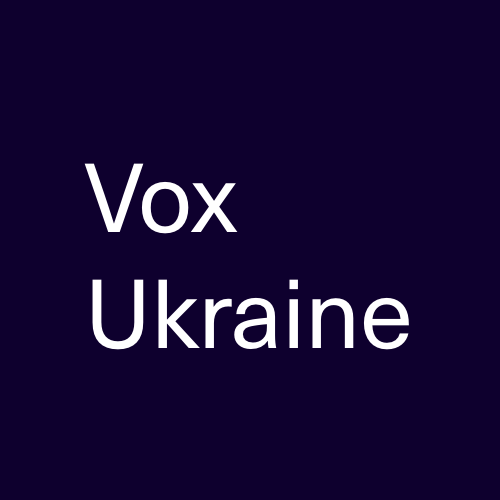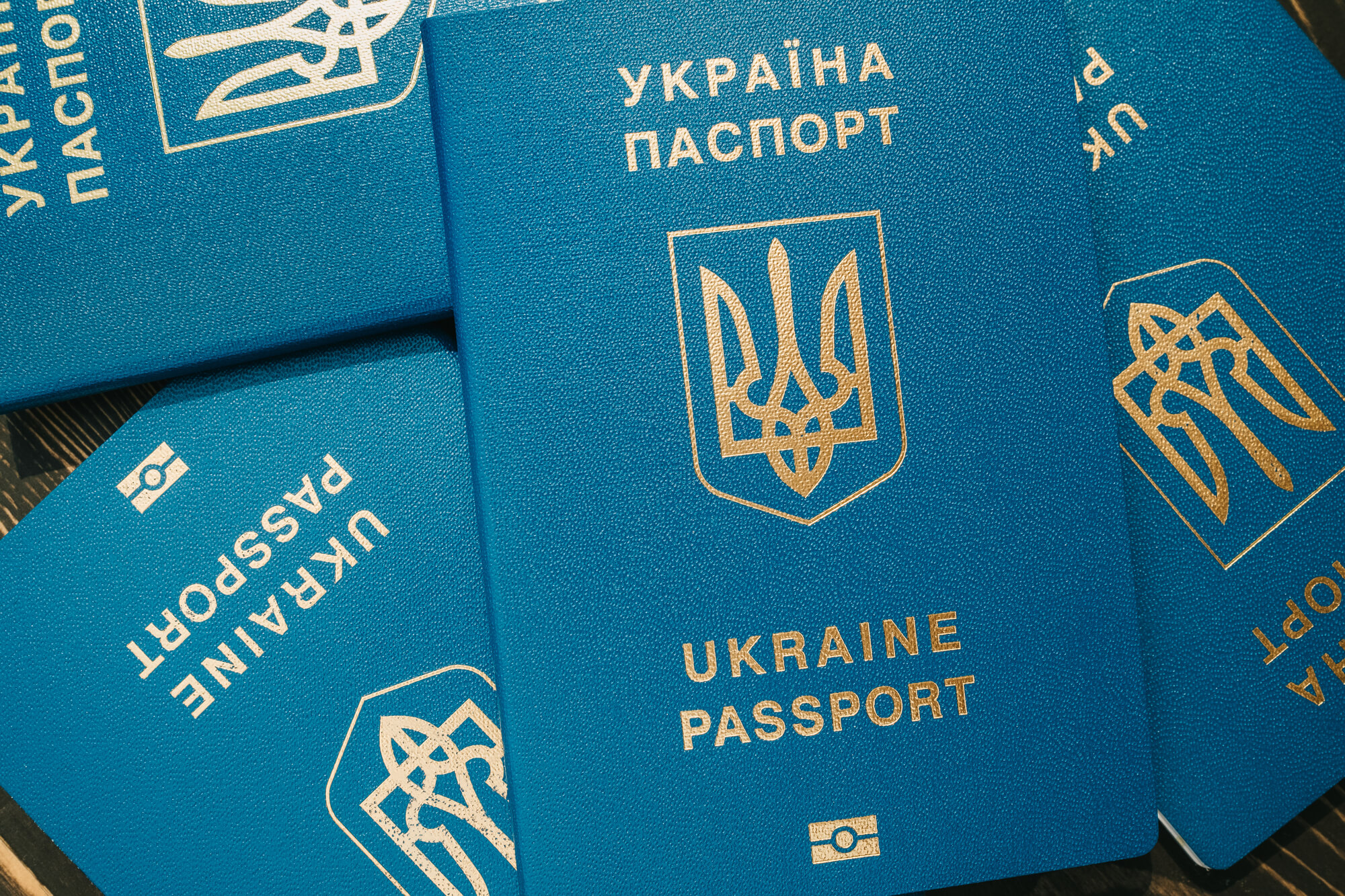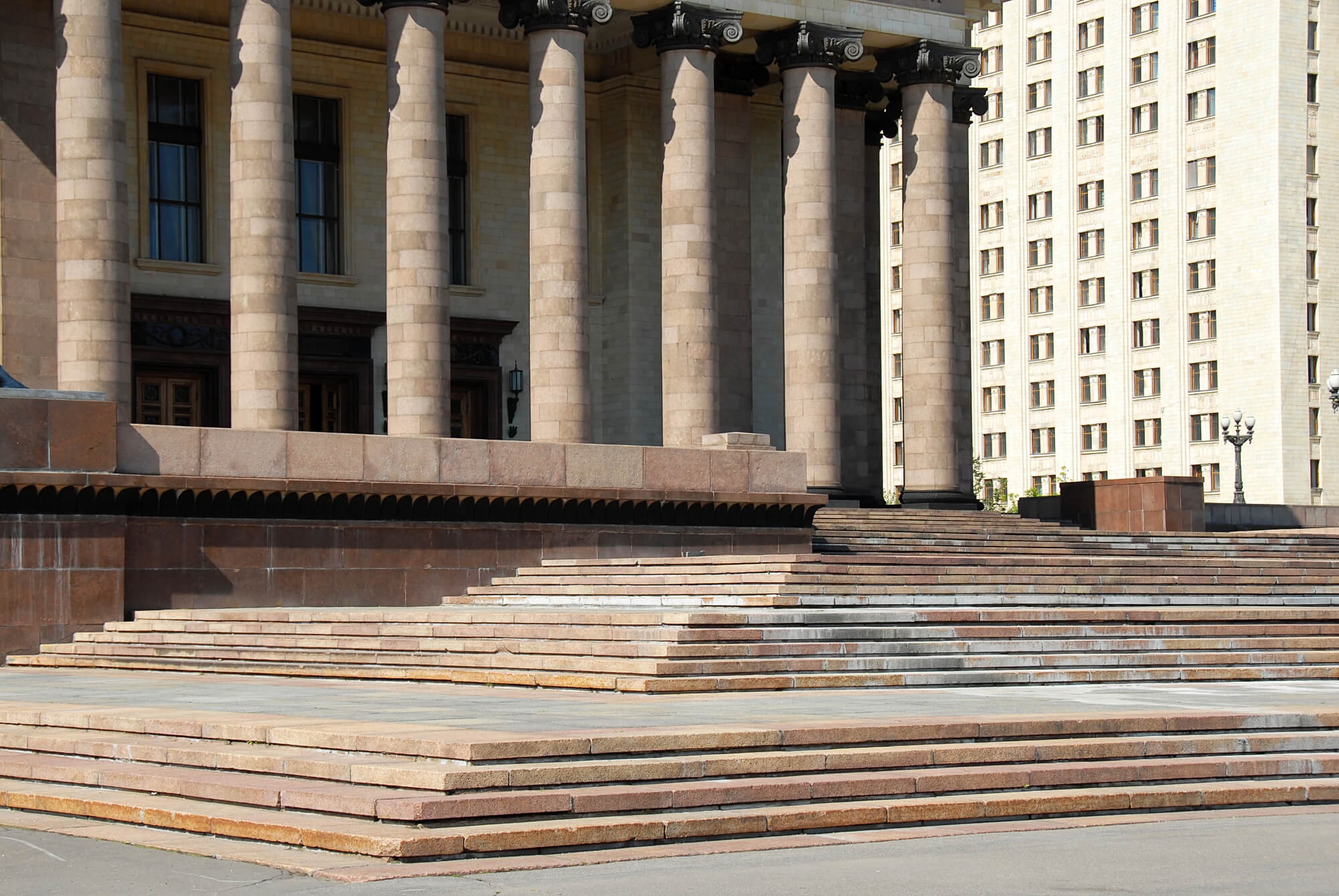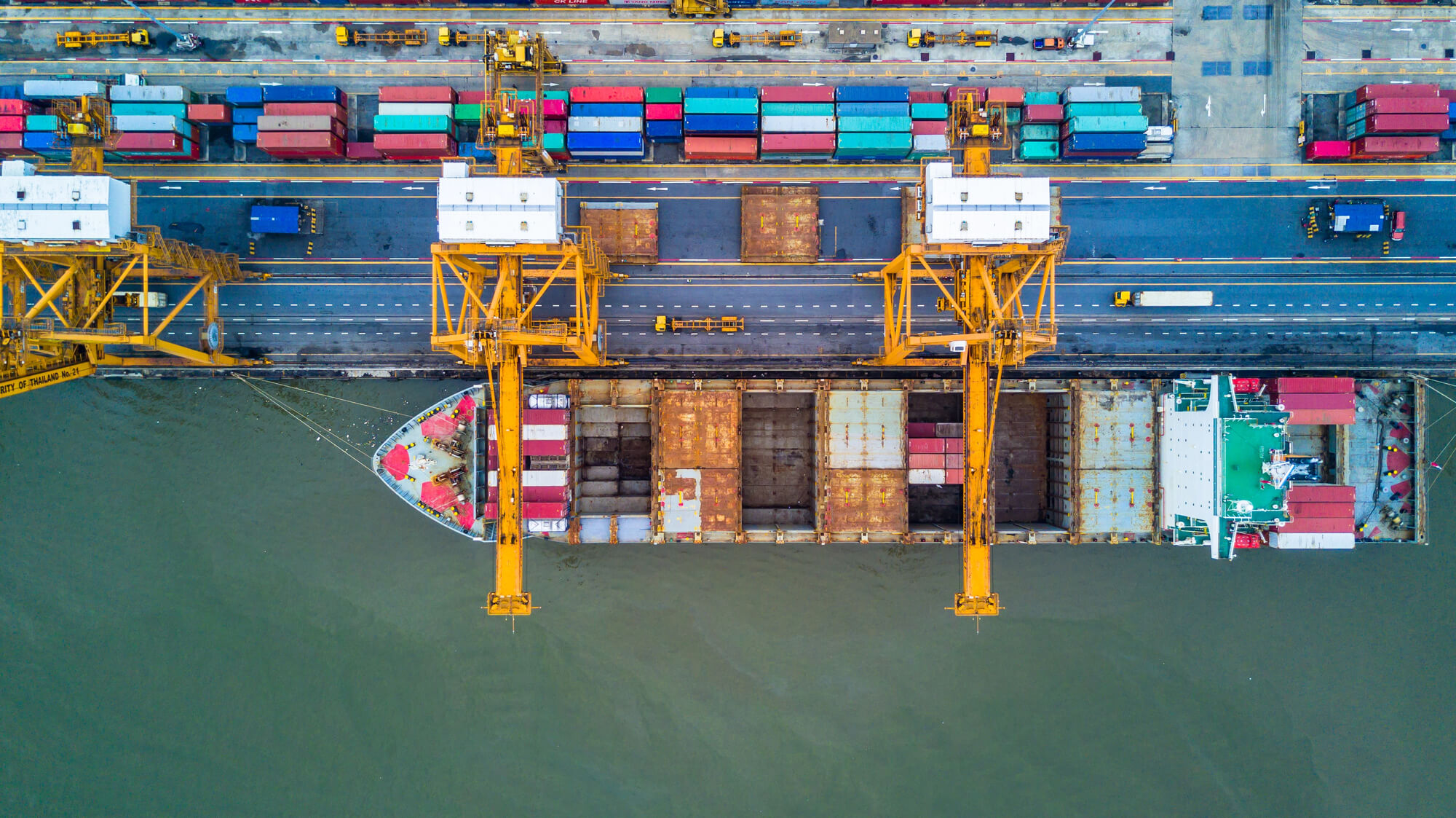The IMF’s planned mission to Russia (the first since Russia’s full-scale invasion to Ukraine in February 2022) was canceled after the backlash from the international community. Such a mission would mean a return of Russia to the “club” of civilized nations and an endorsement of those companies and countries that still run business with Russia and in this way support Russia’s war on Ukraine.
Why was this mission planned in the first place? This was a so-called Article IV mission that usually happens every year. During such missions, IMF staff discuss a country’s economic situation and policies with country officials and then prepare an overview report. Formally, the IMF cannot refuse to implement such a mission for a member country, although there were circumstances (e.g. the COVID19 pandemic) when the IMF did not implement such missions. As we understand from the explanations of Ukraine’s IMF alternate director, the main rationale behind the planned mission to Russia was the IMF’s hope to obtain some data on the Russian economy in order to estimate the impact of sanctions.
However, why would Russian officials provide reliable statistics to the IMF if all official Russian communication – from Putin to Russian ambassadors to Russian media outlets – consists of lies and propaganda? How can Russian authorities be trusted after Russia blatantly disregarded international law and breached multiple conventions and treaties? Today, the best sources of economic information on Russia are open data, such as banks’ interest rates and ship tracking, and counterparty statistics of Russia’s trade partners. To collect this information, one does not need to communicate with Russian authorities, let alone go to Russia, risking IMF staff being taken hostage and then exchanged for Russian criminals jailed in the West (Russia would do this if it thought the move would bring benefits to the Kremlin).
Moreover, Russia has created an awkward situation for the IMF by appointing a sanctioned individual as the next country director. This person would not be able to obtain a US visa, yet the IMF cannot refuse to appoint her since choosing the country director is Russia’s responsibility.
While canceling the planned mission is a step in the right direction, there’s a need for a systemic solution to the problem. Russia should be excluded or suspended from the IMF so that no official interaction between the Russian government and the IMF is possible until Russia meaningfully changes its behavior in the international arena: withdraws its troops from Ukraine, pays compensation, etc. This can be achieved through creative solutions such as prohibiting IMF staff from communicating with sanctioned individuals. If this requires a change in the IMF rules, then the rules should be changed, because rules cannot prevail over morale and common sense. A country that consistently undermines international institutions should not enjoy membership privileges in such institutions. Russia’s membership in the IMF gives the appearance of endorsing Russia’s belligerent behavior and war crimes.
Unfortunately, not many international organizations have excluded Russia thus far, which exposes the general weakness of the international rule-enforcement system. However, nothing prevents the IMF from taking a lead on this issue, as it did for the support of Ukraine during the war.
If you would like to sign this letter, please fill in the signature form.
Signatories
- Ilona Sologoub, VoxUkraine editor
- Tatyana Deryugina, Associate Professor of Finance, University of Illinois
- Yuriy Gorodnichenko, Professor of Economics, University of California – Berkeley
- James Hodson, CEO, AI for Good
- Anastassia Fedyk, Assistant Professor of Finance, University of California – Berkeley
- d’Artis Kancs, Senior Scientist, European Commission, Joint Research Centre
- Olga Klein, Associate Professor of Finance, Warwick Business School, United Kingdom
- Benjamin Moll, Sir John Hicks Professor of Economics, London School of Economics
- Bohdan Kukharskyy, Assistant Professor, City University of New York
- Ewa Karwowski, Senior Lecturer in Finance and Development, King’s College London
- Mats Marcusson, Retired EC official
- Dmitriy Sergeyev, Associate Professor, Bocconi University
- Julian Reif, Associate Professor of Finance and Economics, University of Illinois
- Olha Khymych, Ph.D., Environment expert
- Olga Slivko, Rotterdam School of Management
- Anders Aslund, Senior Fellow, Stockholm Free World Forum
- Jerzy (Jurek) Konieczny, Professor Emeritus, Wilfrid Laurier University, Waterloo, On, Canada
- Oleg Korenok, Chair and Professor of Economics, Virginia Commonwealth University
- Kevin Berry, Professor, University of Alaska Anchorage
- Shaun Cutts, CEO, Fact Fiber, Inc
- Michael Reich, Professor, UC Berkeley
- Tania Babina, Assistant Professor at the Columbia Business School
- Andrii Onopriienko, Deputy Development Director, KSE Institute
- Igor Burakovsky, Professor, Head of the Board, Institute for Economic Research and Policy Consulting
- Olena Ogrokhina, Associate Professor, Lafayette College
- Gunther Fehlinger-Jahn, President ETR Europeans for Tax Reform
- Dariia Mykhailyshyna, PhD Candidate, University of Bologna
- Volodymyr Lugovskyy, Professor and Chair, Department of Economics, Indiana University
- Dora Costa, Professor of Economics
- Oleksandr Krotenko, UC Berkeley alum
- Tomasz Woźniak, Senior Lecturer at the University of Melbourne
- Yevheniia Polishchuk, professor at Corporate Finance and Controlling Department
- Alla Ivashchenko, Professor Kyiv National Economic University
- Iryna Ivanets, Associate Professor
- Svitlana Usherenko, PhD
- Boris Svistunov, Professor of Physics, University of Massachusetts Amherst
- Oleksii Lyulyov, Director, Sumy State University
- Kateryna Khvostenko, Associate professor, Odesa National University of Technology
- Nikolay Prokofiev, Professor, UMass, Amherst
- Liliia Khomenko, Assistant of the Department of Marketing
- Yurii Derevianko, PhD., Docent, Sumy State University
- Iryna Sotnyk, Researcher, University of Geneva
- Hanna Yarovenko, Dr.Sc. in Economics, Associate Professor of the Economic Cybernetics Department, Sumy State University
- Valeri Yatsenko, Associate Professor of Economic Cybernetics, Sumy State University
- Lee Ohanian, Distinguished Professor of Economics, UCLA
- Maryna Vorotnikova, PhD, KNEU
- Payam Alipour, Quantitative Finance Analyst, Bank of America
- Leonid Krasnozhon, Associate Professor of Economics, Loyola University New Orleans
- Fabio Ghironi, Paul F. Glaser Professor of Economics, University of Washington
- Christoph Kronenberg, PhD, University Duisburg-Essen
- Nicholas Emery-Xu, PhD student, UCLA
- AJ Jakubec, Broadcaster – Bell Media
- Tatiana Fedyk, Associate Professor
- Yurii Fedyk, Clinical Professor
- Mary Schmidt, Mental HealthCounselor
- Christine Bates, Senior Project Engineer Medtronic
- Oleksii Shpanel-Yukhta, Junior scientist, Institute for economics and forecasting NAS of Ukraine
- Maryna Chulaievska, The Head of the NGO “Effectively Cooperation Foundation”
- Andrew Kosenko, Assistant Professor, School of Management, Marist College
- Matthew Holian, Professor, San Jose State University
- Mariia Panga, PhD Student in Public Policy, Schar School of Policy and Government, George Mason University
- Jesse Perla, Associate Professor, UBC
- Daniel Schaefer, Assistant Professor, Johannes Kepler University Linz
- Roberto Steri, Assistant Professor of Finance, University of Luxembourg
- Vira Semenova, Assistant Professor at UC Berkeley
- Ilona Babenko, Associate Professor, ASU
- Ruslan Aminov, Head of the Laboratory of Cellular and Organismal Biotechnology at the Research Department of Zaporizhzhia national university, candidate of biological sciences
- Anastasia Danilov, Professor, Humboldt-Universität zu Berlin
- Michele Boldrin, Professor, Washington University in St Louis
- Oleksandr Shepotylo, Associate Professor, Aston University
- Luis Garicano, Professor, SPP
- Hanna Onyshchenko, Phd Candidate
- Andrew Joung, PhD Candidate, University of Michigan
- Joanna Tyrowicz, University of Warsaw
- Berkeren Büyükeren, PhD student, Einaudi Institute for Economics and Finance (EIEF)
- Vitaliia Yaremko, Assistant Professor, Trinity College Dublin
- Liudmyla Ostrivna, Postgraduate student, lecturer at Khortytsia National Academy (Zaporizhzhia region)
- Hanno Lustig, Professor of Finance Stanford GSB
- Serhiy Stepanchuk, Professor, University of Southampton
- Marius Brülhart, Professor of Economics, University of Lausanne
- Steve Cicala, Associate Professor, Tufts University
- George Waters, Professor of Economics, Illinois State University
- Siyuan Hu, Ph.D. Candidate, University of Wisconsin-Madison
- Stan Veuger, Senior Fellow, American Enterprise Institute
- Jim Sentance, Professor, Department of Economics, University of PEi
- Travis Roach, Associate Professor
- Marcello Graziano, Senior Researcher, Ruralis and Associate Director, Connecticut Center for Economic Analysis, University of Connecticut
- Nicola Giocoli, Professor of Economics, University of Pisa
- Oleg Itskhoki, Professor of Economics, Harvard University
- Andrea Ferrero, Professor of Economics, University of Oxford
- Angela Meissner, Translator
- Michał Myck, Director, CenEA – Centre for Economic Analysis, Szczecin (Poland)
- Vytautas Valaitis, Assistant Professor, University of Surrey
- Sungho Park, Student, EIEF
- Fabio Scacciavillani, Partner at Nextperience
- Giorgio Bendoni, Principal Lecturer in Economics and Finance, University of Portsmouth
Photo: depositphotos.com/ua
Attention
The authors do not work for, consult to, own shares in or receive funding from any company or organization that would benefit from this article, and have no relevant affiliations



